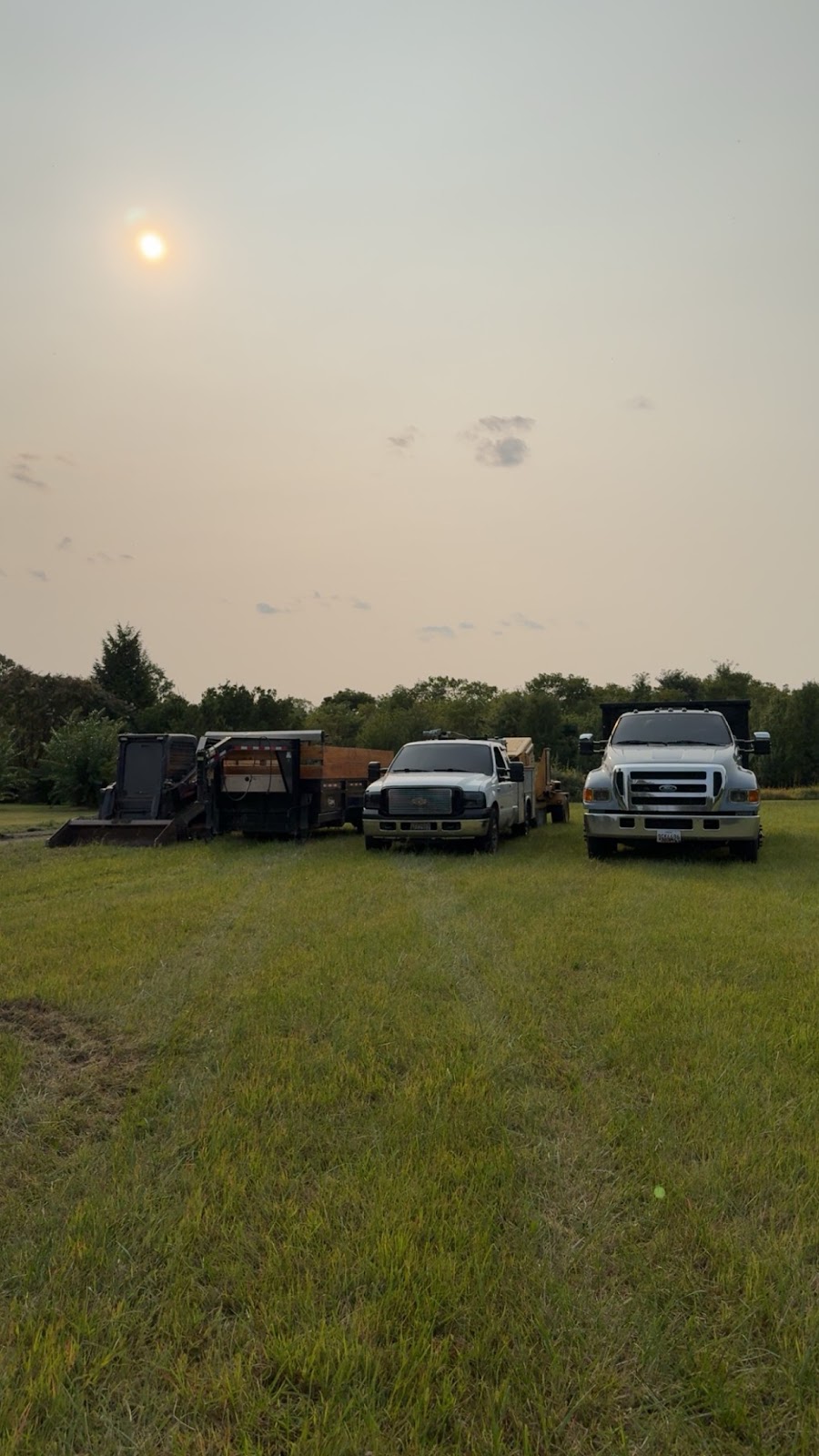
Sustainable Landscaping: Eco-Friendly Practices for a Greener Tomorrow Aug 20, 2025
Sustainable landscaping focuses on designing and maintaining outdoor spaces that are environmentally responsible and resource-efficient. This begins with selecting the right plants. Native species, for example, are already adapted to the local climate and soil conditions, requiring less water, fertilizers, and pesticides. By choosing these plants, you contribute to preserving local ecosystems while reducing maintenance costs.
Incorporating a water-efficient irrigation system is another crucial aspect of sustainable landscaping. Traditional watering methods can waste a significant amount of water, leading to increased utility bills and unnecessary resource depletion. Instead, consider installing a drip irrigation system, which delivers water directly to the roots of plants, minimizing evaporation and runoff. Additionally, investing in rainwater harvesting systems can help conserve water and reduce reliance on municipal supplies.
Mulching is an eco-friendly practice that not only enhances the aesthetic appeal of your garden but also supports sustainable landscaping goals. Applying organic mulch around plants helps retain soil moisture, suppress weeds, and improve soil quality as it breaks down. This means less need for synthetic fertilizers and herbicides, which can be harmful to the environment.
Composting is another practice that aligns with sustainable landscaping principles. By turning kitchen scraps and yard waste into nutrient-rich compost, you can improve soil health naturally. This reduces the need for chemical fertilizers and encourages healthy plant growth. Moreover, composting helps divert organic waste from landfills, reducing greenhouse gas emissions.
In hardscaping, opting for permeable materials is an effective way to promote sustainability. Traditional hard surfaces like concrete can lead to increased water runoff, exacerbating erosion and pollution issues. Permeable pavement, gravel, and other permeable materials allow water to seep into the ground, recharging groundwater supplies and reducing the risk of flooding.
Creating wildlife-friendly landscapes is another component of sustainable landscaping. By incorporating birdbaths, nesting boxes, and native plants that provide food and shelter, you can create habitats that support local wildlife. This not only enhances biodiversity but also enriches your outdoor experience by attracting birds, butterflies, and beneficial insects.
Engaging with Pleasant Valley Land Management means you’re partnering with a team dedicated to implementing these and other sustainable practices. We customize our services to fit the unique needs of each client and landscape, whether it’s residential lawns or expansive business grounds. Our experienced team stays informed about the latest sustainable landscaping techniques, ensuring that your outdoor spaces are both beautiful and eco-friendly.
In conclusion, sustainable landscaping is not just a trend but a responsible approach to managing outdoor spaces that will benefit the environment for generations to come. By selecting native plants, using efficient water management systems, and embracing practices like mulching and composting, you can make significant strides towards a greener future. Pleasant Valley Land Management is here to guide you every step of the way on your journey to sustainable living, ensuring that together, we can create a landscape that respects and protects our planet.
/filters:no_upscale()/media/671ac51a-d63a-4779-90fa-7bf4b209a8c6.jpeg)
/filters:no_upscale()/filters:format(webp)/media/ed7ee32a-cd43-4f7e-be18-0eeea69695f3.jpeg)